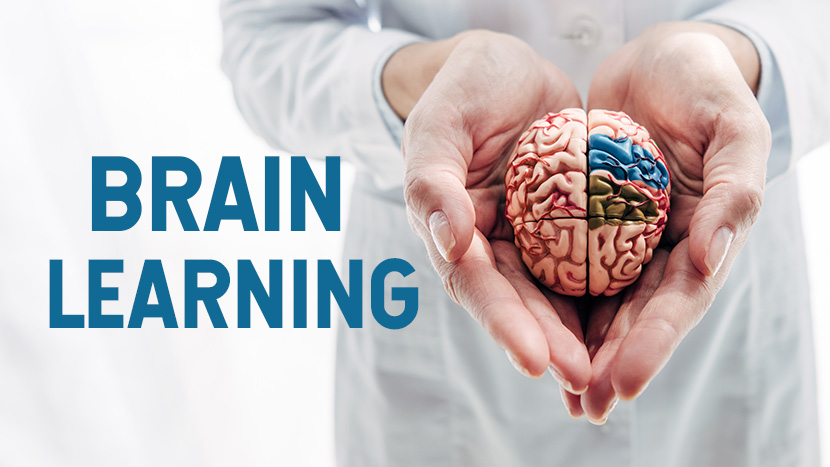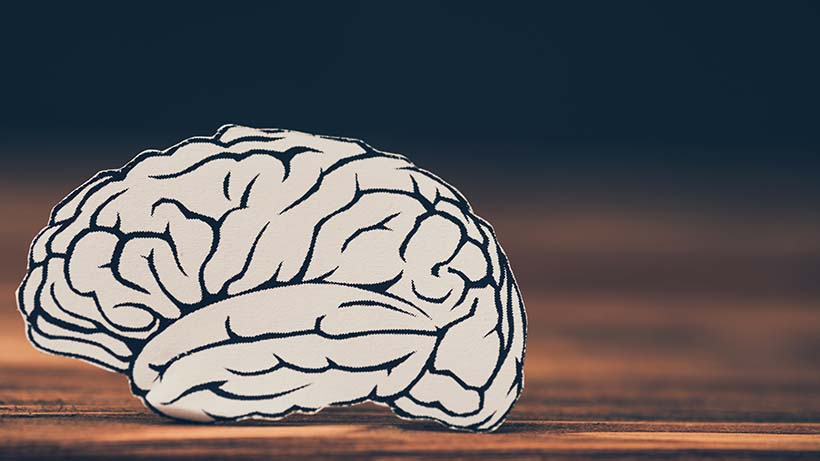Understanding Your Brain to Help You Learn Better
Without any doubt, the brain is the most powerful and sensitive organ in the human body. Just as a conductor coordinates every motion of the choir to produce the perfect melody, so must the brain control every activity that runs in the body. The entire body relies on it for coordination to maintain maximum functioning. The brain is the core of the human nervous system, which includes the brain and spinal cord, and over 85 billion nerve cells, showing how powerful and sophisticated the brain is. In fact, the brain is said to require more energy than any other body organ, judging by the loads of jobs it undertakes. Scientific evidence proves that every process in our body, whether conscious or unconscious, is controlled by the brain.
When the brain does not function optimally, many things go wrong with the rest of the body, just like the music becomes messed up when the music conductor does a lousy job. No matter how complicated and complex the brain may be, it is not impossible to comprehend its functioning system effectively and take advantage of it to get the most out of learning.

What happens in the brain during learning?
Neurons are nerve cells that convey information to the brain and back to other body sections in the form of electrical signals. For example, if you touch a hot object, an impulse is sent to the brain through nerve cells, and the brain responds by sending a message to your skin cells that what you have touched is hot so you can take your hands away. The same thing goes for when you write, think, run, talk, breathe, or say you’re having fun by placing wagers on a Parimatch betting site. Everything you do depends on the signal transmissions between these neurons and the brain; because they’re connected to every part of the body. In fact, a single neuron is said to be linked with thousands of others, forming a web of connected neurons wired to every single part of your body.
When learning, impulses associated with whatever we are learning are transmitted through neurons to the brain, creating a connection path between nerve cells. These connections are susceptible to specific changes; they can be changed, improved, modified, weakened, or eliminated. This ability of the brain to effect these changes is referred to as neuroplasticity. Therefore, the more you learn and practice things, the more the connection becomes stronger. It’s almost as if the information being transmitted to your brain through learning is now travelling down a more familiar road, making transmission more effective.
So, strengthened connections result from consistent impulse transmission due to regular practice or learning. The impulses now deliver quicker and more efficiently, making you gradually better at what you’re learning. This entire process may be likened to visiting a new location for the first time. Initially, it is tough to remember where you’re going; however, after continuously traveling through that route for a long time, you grow pretty comfortable with it, and it becomes easier to navigate. If you stop traveling for an extended period, it may be tough to retrace your steps; Similarly, quitting whatever you’re learning halfway only weakens the connection paths in the brain gradually until eventually lost.
How to learn better
The human brain is incredibly dynamic. As we grow, it undergoes a series of changes that begin when we are babies in our mother’s womb. These changes are continuous throughout a lifetime, so we tend to forget most of the things that happened so many years ago. Basically, the neural connections associated with those incidents are weakened and can’t be quickly recovered by the brain. Therefore, due to the dynamic nature of the brain, it is essential to consistently practice and learn for more effectiveness, as this helps improve the neural connections associated with whatever you are learning.
The benefit of rest
While constant and repeated practice is essential, rest is also necessary to enhance brain functioning in learning. Aside from the fact that rest allows us to recover energy and revitalize so that we can continue learning, rest has also been proved to affect our learning effectiveness in a significant way. This is associated with the receptors of impulses on the surfaces of neurons transmitting information to the brain.
These receptors receive nerve impulses in the form of electrical signals from other neurons. However, repeated use of these nerve cells and receptors may lead them to wear down in a way that interferes with signal transmission. Therefore, for proper maintenance of these receptors, rest is essential. Periodic breaks will allow the neurons to function more effectively in their communication of nerve impulses, enhancing learning and reducing forgetfulness.

Conclusion
Because of how the human brain is structured, constant and regular practice is vital for optimal learning. However, occasional rest is also required so that the brain performs more efficiently. Visit Parimatch today for an exciting betting experience.
































































































